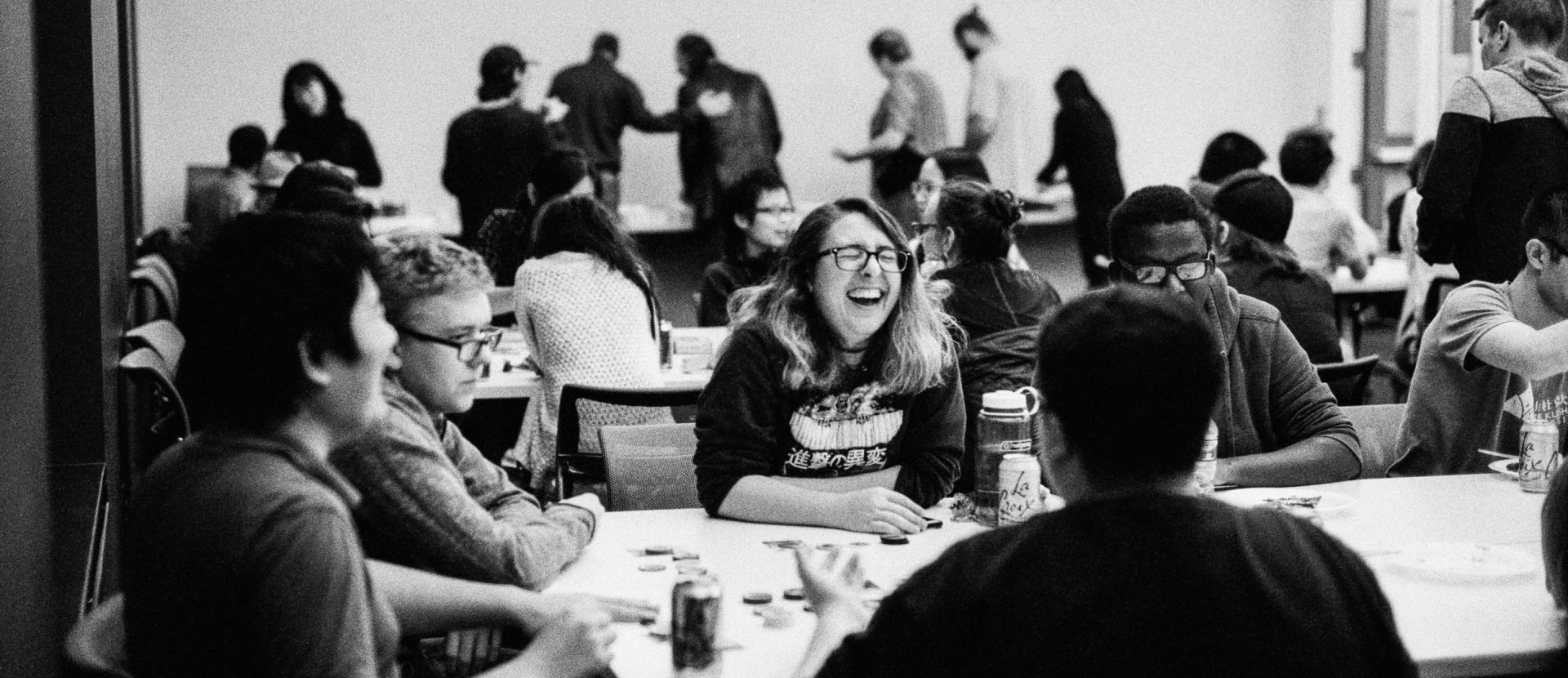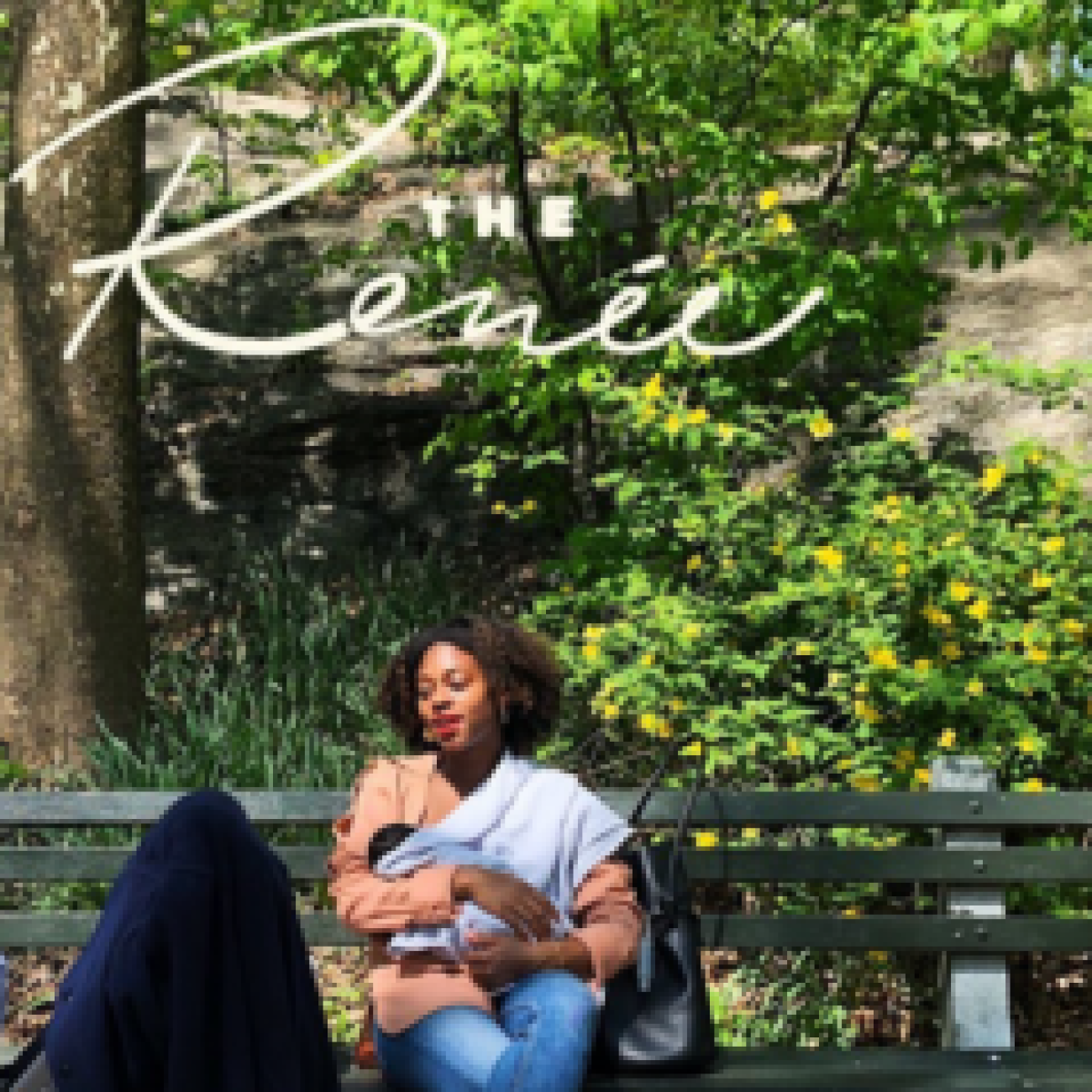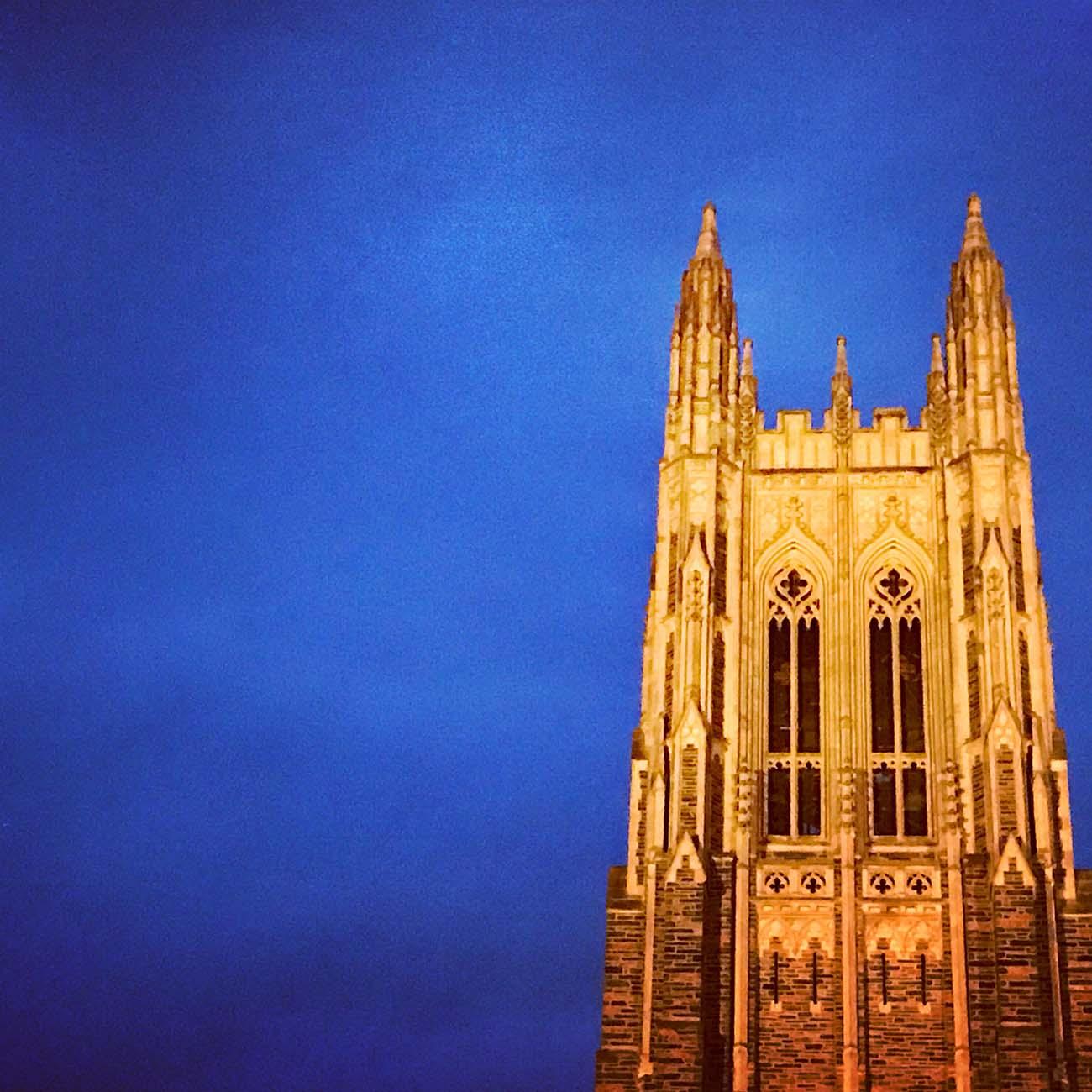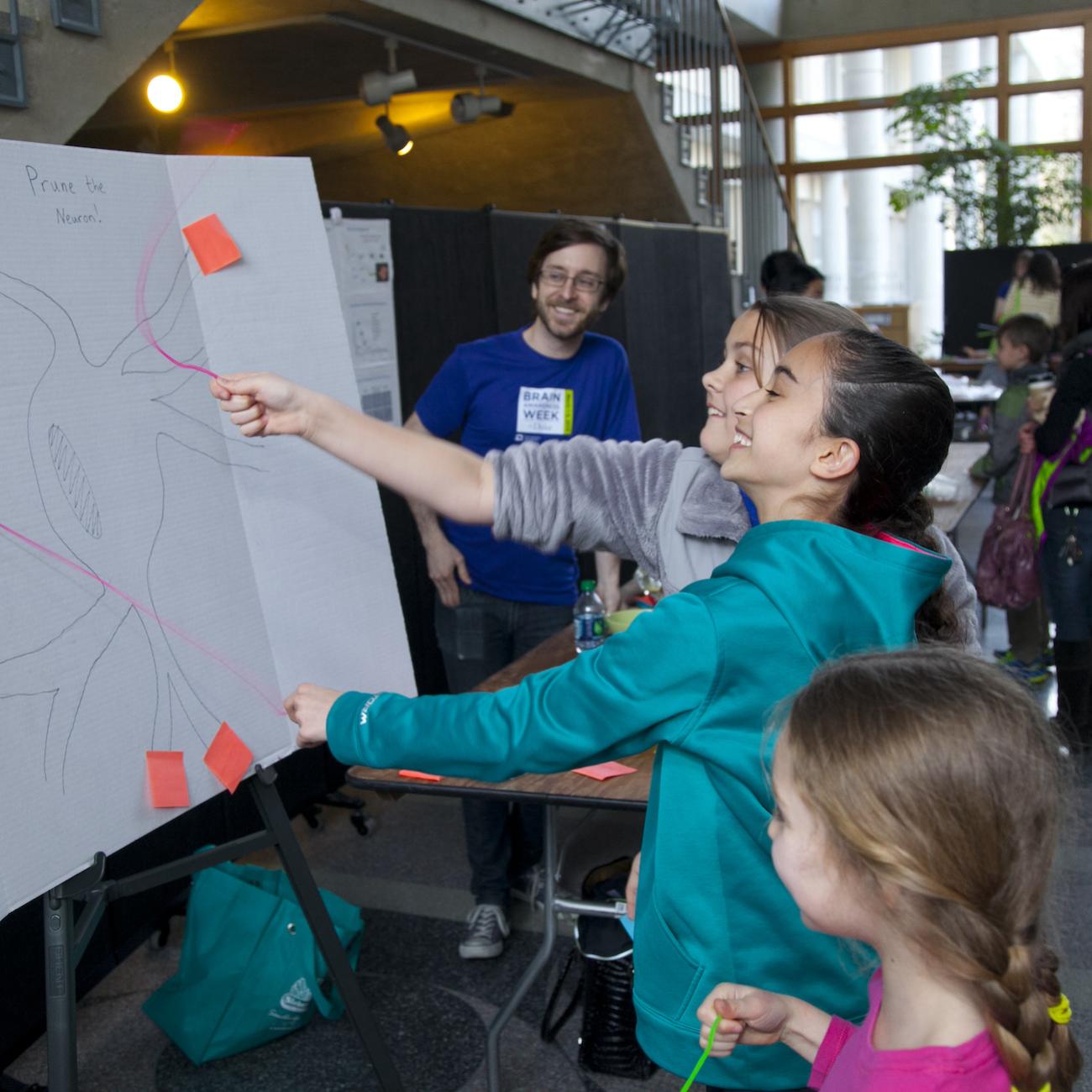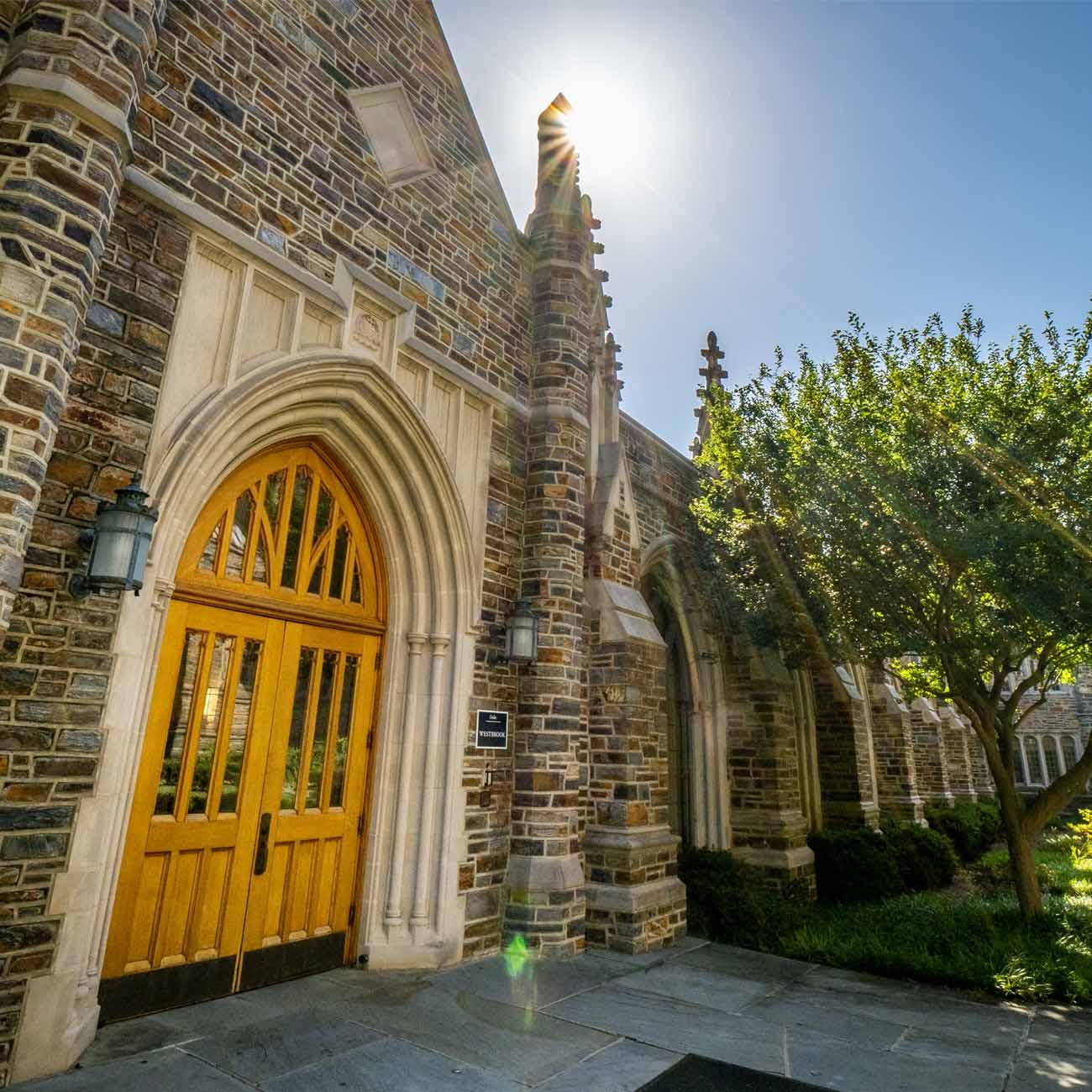Innovative, Interdisciplinary Labs Reshape Humanities Research and Teaching
If you don’t think a laboratory is the ideal place to explore complex themes and methodologies like valuing care, ethnography, urbanism or games and culture, you may need to expand your definition beyond beakers and microscopes.
If you don’t think a laboratory is the ideal place to explore complex themes and methodologies like valuing care, ethnography, urbanism or games and culture, you may need to expand your definition beyond beakers and microscopes.
Labs are hives of communication, cooperation and active collaboration. They are driven by a commitment to curiosity and exploration that often produces unanticipated paths and solutions. And utilizing those features for research in the humanities – a scholarly area that has traditionally focused on more solitary efforts – is what Art, Art History and Visual Studies Professor Gennifer Weisenfeld hopes will be a lasting impact of Humanities Unbounded, a five-year initiative funded by the Andrew W. Mellon Foundation that launched a series of innovative humanities labs at Duke.
The labs are one of three pillars tied to the grant. Duke is also hosting a handful of visiting fellows every year from liberal-arts colleges and historically Black colleges and universities (HBCUs). The most recent cohort arrived in August. Additionally, the program connects Duke graduate students with Durham Technical Community College humanities faculty to offer valuable teaching experience and encourage pedagogical innovation, respectively.







